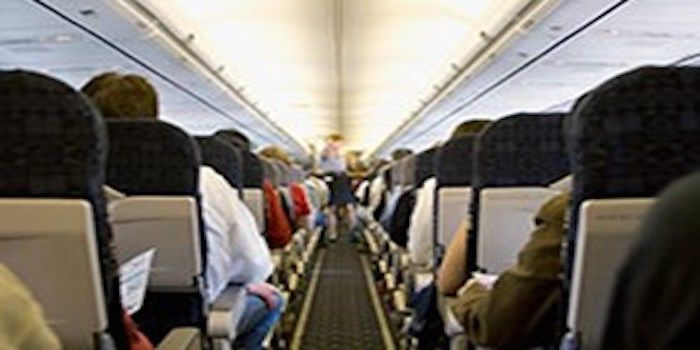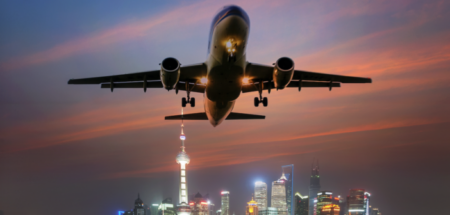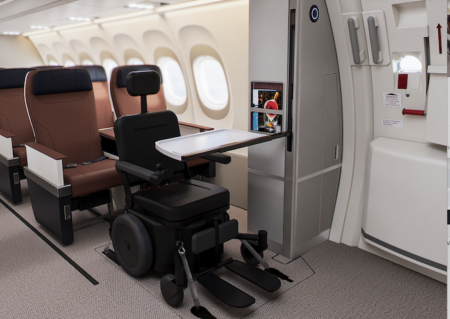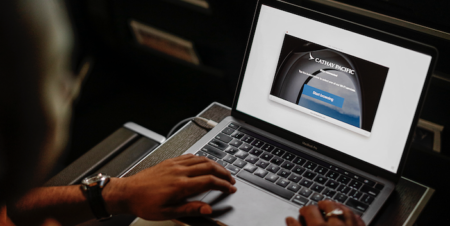IATA has made a statement regarding recent studies of the transmission of Covid-19 in aircraft cabins, specifically a flight from London to Hanoi and another from Boston to Hong Kong, as well as other flights where secondary transmission on board has potentially occurred.
“There have been millions of flights since the start of the Covid-19 outbreak. And there are very few reported incidents where onboard transmission is suspected,” read IATA’s statement.
“We believe that the data is telling us that the risk of onboard transmission of the virus is low when compared with other public indoor environments, such as trains, buses, restaurants and workplaces. There are published examples which indicate a much higher risk in these environments,” IATA added.
The association explains that aircraft cabins benefit from very high air exchange rates, and HEPA filters which filter more than 99.99% of all particles, including viruses. Passengers can also take additional precautions to further lower their risk, including following guidance to wear a face covering, good hand hygiene, and avoiding touching the eyes, nose or mouth, especially after contact with commonly touched surfaces.
“Furthermore, the two flights studied took place in March and a lot has taken place since,” added the statement. “Most notably, face masks and face coverings are now common practice during flights and other environments where social distancing is not possible… We continue to keep an open mind and a close watch on emerging data and medical literature.”
IATA references incidents of onboard transmission in its Medical Evidence for Possible Strategies to help the airline industry in its efforts to keep flying safe.





